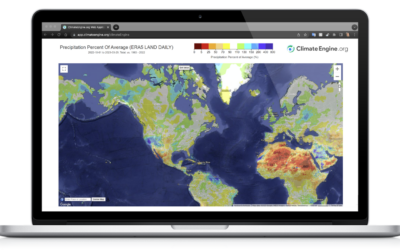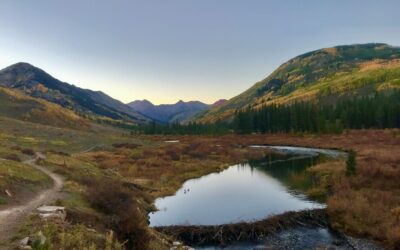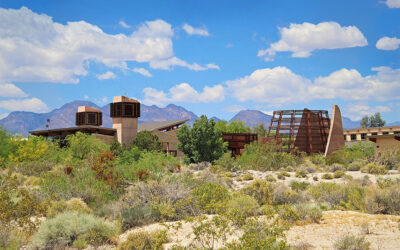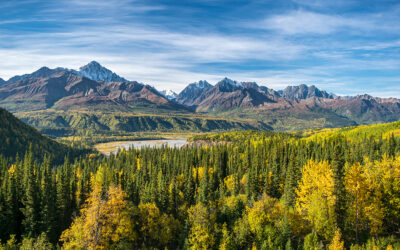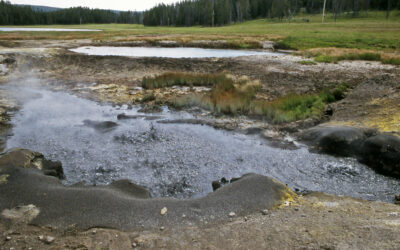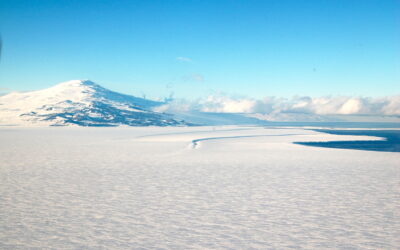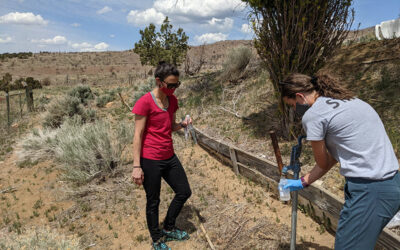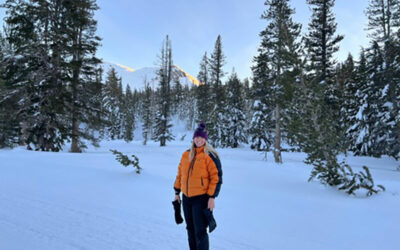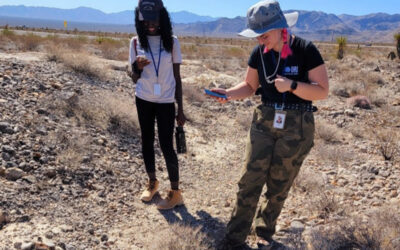ClimateEngine.org allows researchers and natural resource managers to easily analyze and visualize complex satellite and climate data, helping users understand change
in Earth’s landscapes over time
Climate Change is Already Impacting Stream Flows Across the U.S.
DRI researchers examined more than 500 watersheds across the country and found that increased winter temperatures are driving more extreme fluctuations in streamflow.
DRI and the Springs Preserve Launch Adult Science Education Series
DRI, in partnership with the Springs Preserve, announces the launch of DRI Science at the Springs. In the series, which launches on April 20, DRI scientists and other guests address some of the world’s most urgent concerns while also telling the tale of what it means to live in Nevada on the front lines of a changing climate.
A Reconstruction of Prehistoric Temperatures for Some of the Oldest Archaeological Sites in North America
A new study offers a reconstruction of prehistoric temperatures for some of the first known North American settlements.
New Study Sheds Light on Ancient Microbial Dark Matter
DRI contributes to international team of scientists that unearths first in-depth look at Omnitrophota, one of the world’s oldest and tiniest bacteria.
First-ever layered lake-sediment sample extracted from subglacial Antarctica
Since the discovery 50 years ago of subglacial lakes in Antarctica — some of the least accessible geological features on Earth — scientists have attempted to extract lake bed sediment to learn about the formation, movement, and past conditions of the ice sheet. Now, a team of researchers with the NSF-funded project Subglacial Antarctic Lakes Scientific Access (SALSA) has successfully done so, recovering the first layered sediments from beneath the modern Antarctic ice sheet.
Understanding Rain-on-Snow Events with Anne Heggli
Rain-on-snow events are the focus of DRI’s Anne Heggli, who is studying ways to improve our ability to forecast and prepare for these potentially hazardous storms.
Arsenic Contaminates Private Drinking Water Wells Across the Western Great Basin
A new study shows more than 49,000 well users across the region may be at risk of exposure to unhealthy levels of arsenic in drinking water.
Mary Cablk: Celebrating a Career in Canine Detection, Biology, and Remote Sensing
Mary Cablk retired from DRI after 23 years. Her journey into science began with remote sensing and later pioneered new fields of science.
DRI interns join the search for elusive desert tortoises in Tule Springs Fossil Beds National Monument
Tiffany Pereira’s student interns tracked elusive and threatened desert tortoises in the desert near Las Vegas, Nevada.
